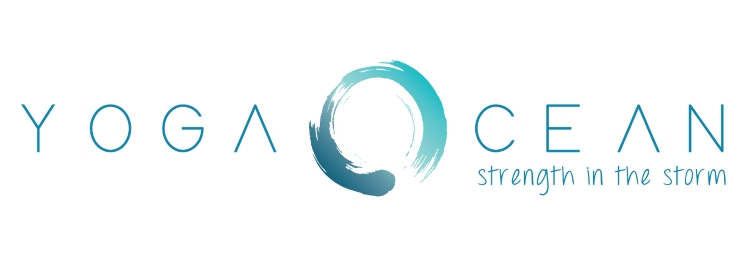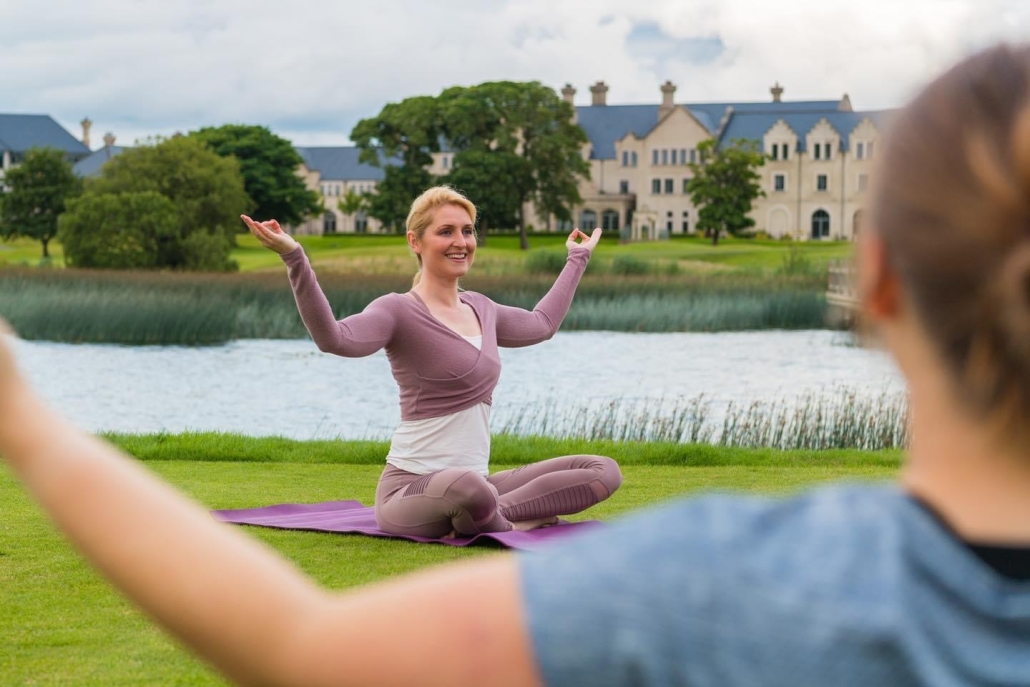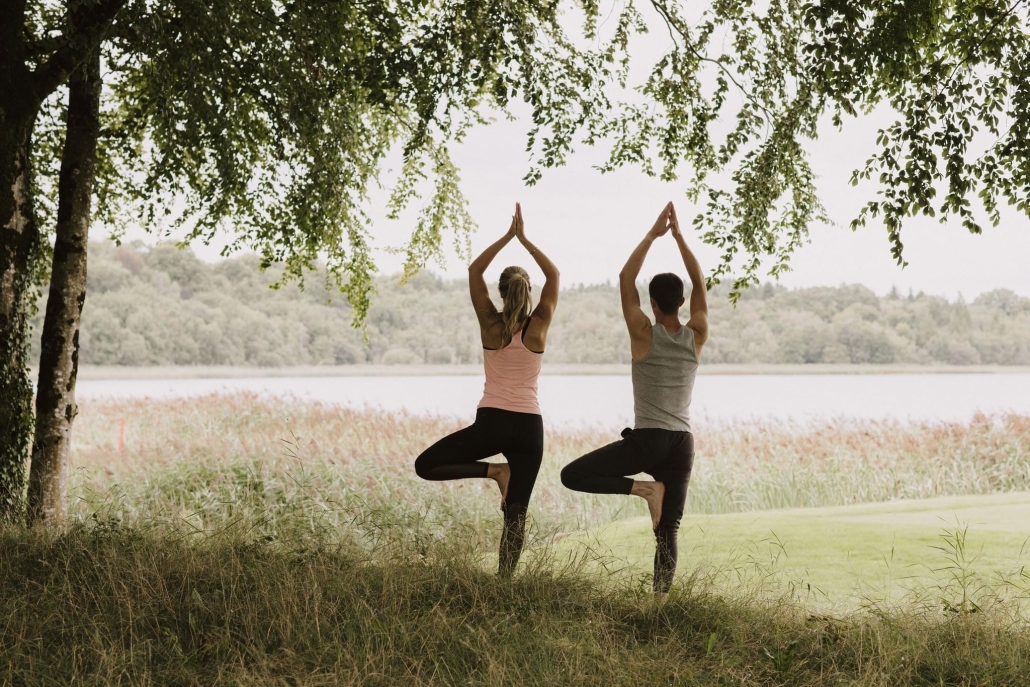The Body Scan meditation is a wonderful way to relax, de-stress and unwind.
In the hustle and bustle of our fast-paced lives, finding a moment of calm can feel like an elusive dream. Enter body scan meditation – a powerful practice that holds the key to unlocking a treasure trove of physical and mental well-being. If you’ve ever found yourself yearning for a simple yet profound way to de-stress, unwind, and reconnect with your inner self, the body scan meditation might just be the answer you’ve been searching for.
What is Body Scan Meditation?
At its core, body scan meditation is a mindfulness technique that involves directing your attention to different parts of your body, systematically and progressively. This practice invites you to explore sensations, tensions, and feelings within each region, fostering a deep connection between your mind and body.
The beauty of body scan meditation lies in its simplicity. You don’t need any special equipment, a dedicated space, or a guru on a mountaintop. All that’s required is a few minutes of your time, an open mind, and the willingness to embark on a journey within yourself.



